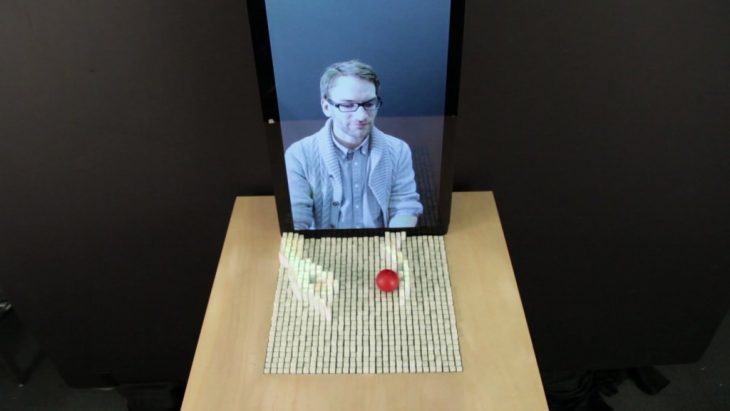TS.1D – Tool Seminar
Physical Computing
Arduino, Motors, LEDs, Sensors
Faculty: Raul Nieves

This seminar is a practical introduction to the world of so-called “Physical Computing”. In recent years, projects such as the development and use of Arduino (exploiting the democratization of digital electronic technologies) have filled the gap between industrial electronics and creative practices (art, design, etc.). The open source nature of these projects has sparked the blossoming of a shared ecosystem and shared projects. This synergy has fueled, for example, another open source project: Reprap, a self-replicating machine that precedes all the cheap 3d printers now on the market.
Arduino was born to facilitate electronic teaching, but has become a platform for professional prototypes. In this intensive workshop we will cover the basic functions of a micro controller: input vs outputs (sensors vs actuators) and discrete vs continuous signals and devices, along some basic electronics concepts and programming (flow control, debugging, communication, using libraries).
This seminar will allow students to recycle and recompile many of the shared projects that populate intranets to produce their own real world and tangible experiences. It will also be equipped with the knowledge needed to deal with the next seminars on power circuits (electromechanical devices, motors) and wireless connectivity (data management, meshes, protocols).
